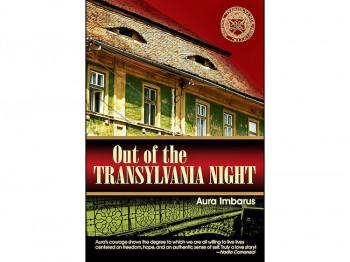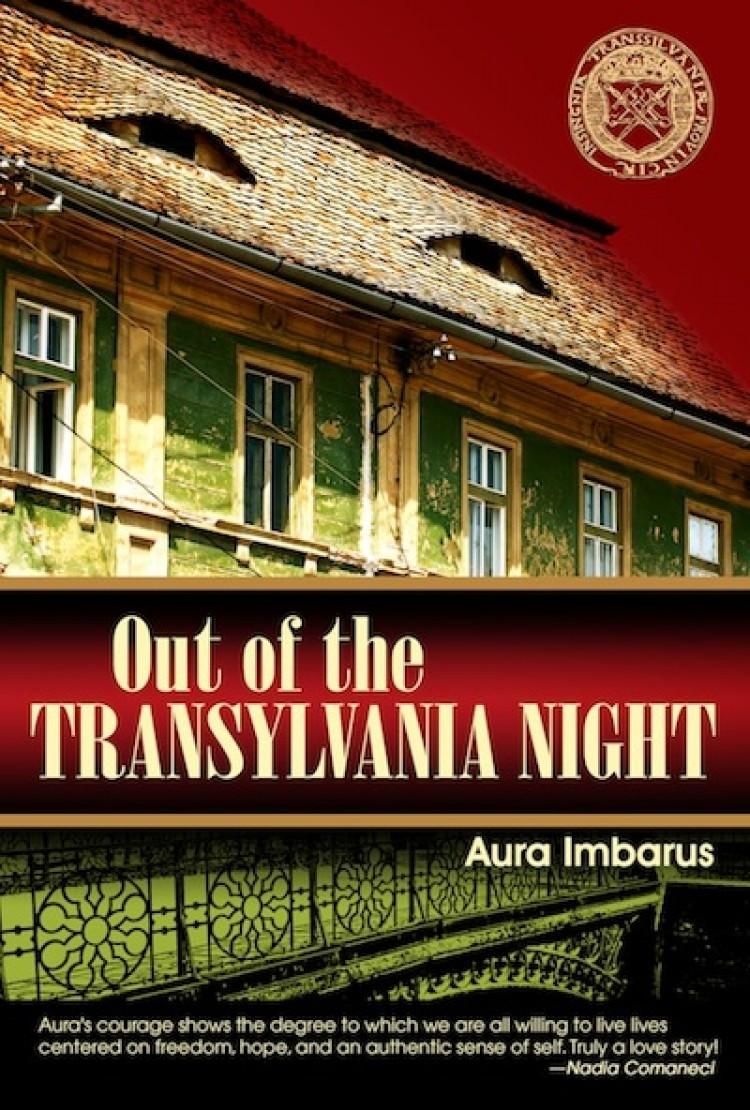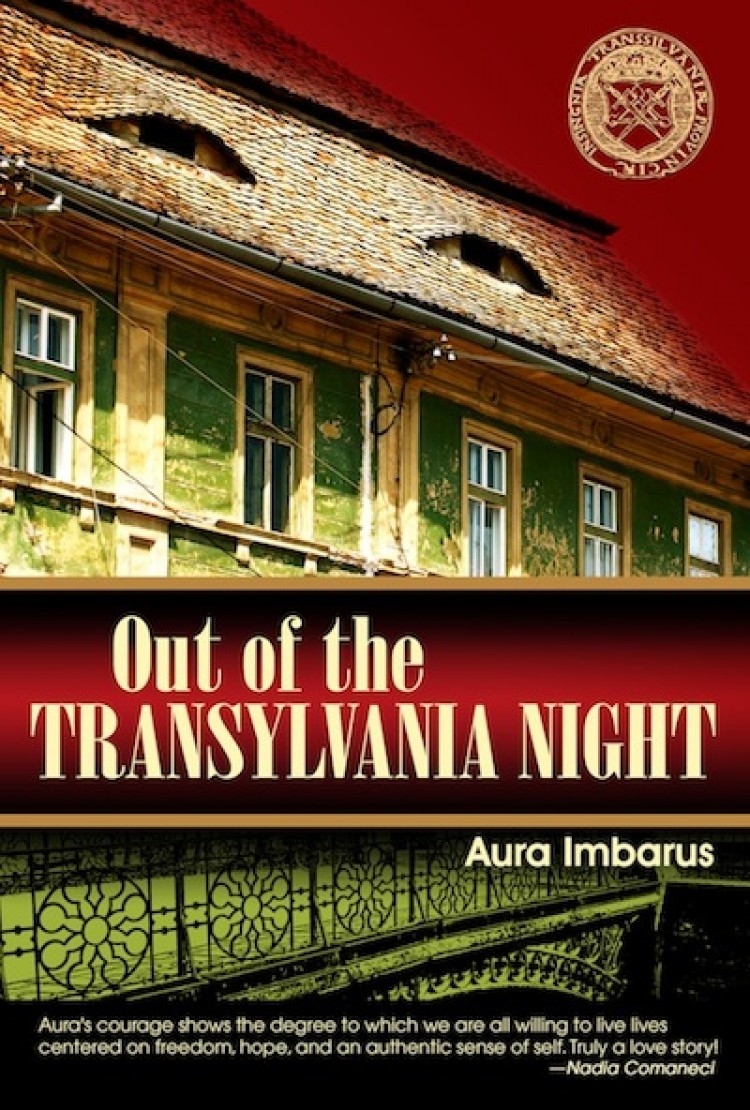Book Review: Out of the Transylvania Night
More than a unique and inspirational Cinderella story, Out of the Transylvania Night, with its impeccable descriptions, is a story of one’s pursuit of freedom and quest for self-actualization.

Aura Imbarus' memoir Out of the Transylvania Night.' Courtesy of Aura Imbarus
|Updated:




